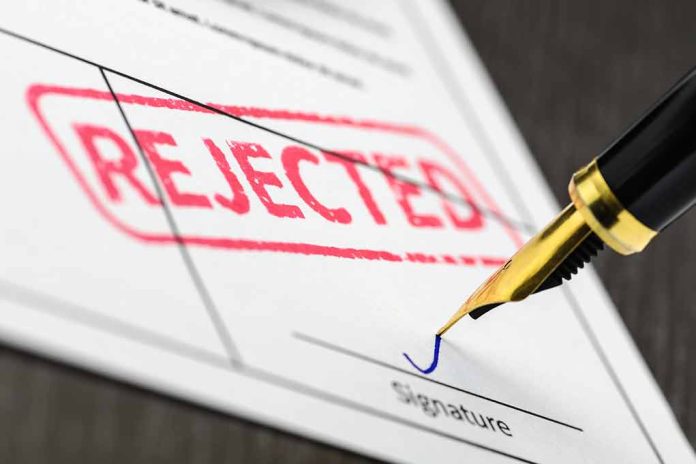
(RightWing.org) – The US Supreme Court has granted non-human entities rights as people for some limited purposes. For instance, the nation’s highest Court ruled that corporations can spend unlimited money on political campaigns (Citizens United v. FEC, 2010) and refuse to cover birth control in their employee healthcare plans based on religious objections (Burwell v. Hobby Lobby, 2014). The Supreme Court of the United Kingdom (UKSC) recently took a different approach when it handed down a ruling involving artificial intelligence (AI).
On December 20, the UKSC handed down its opinion in Thaler v Comptroller-General of Patents, Designs and Trade Marks. A five-justice panel of the Court held that AI could not be legally named as an inventor to obtain rights under the Patents Act 1977, the country’s primary law governing intellectual property rights.
In 2018, the appellant, Dr. Stephen Thaler, filed two applications for patents with the UK’s Intellectual Property Office (IPO) for a light beacon and a food and drink container autonomously created by an AI machine he owned called DABUS. However, the IPO rejected both applications after concluding that Thaler could not officially register DABUS as an inventor and could not apply for a patent based on his ownership of that AI device.
Thaler appealed the IPO’s decision, but the High Court ruled against him in 2020, and a majority of the Court of Appeal upheld that decision the following year. In 2022, Thaler appealed to the UKSC, and the panel heard oral arguments in March.
The UKSC’s 25-page ruling noted that the panel’s decision wasn’t concerned with the broad question of whether technical advances/inventions created “autonomously and powered by AI should be patentable.” Instead, their finding focused on properly applying the relevant portions of the Patents Act 1977.
The Court ultimately ruled against Thaler based on three findings.
- An inventor is a “natural person who came up with [an] inventive concept.”
- Thaler is not entitled to apply for and obtain a patent on behalf of DABUS.
- The IPO had the right to withdraw Thaler’s patent applications when he failed to identify a person as the inventor of the items described in his submission.
Lord David Kitchin wrote the unanimous opinion for the panel.
Copyright 2023, RightWing.org






















